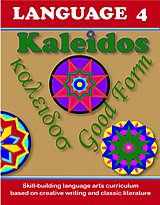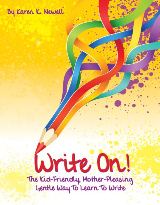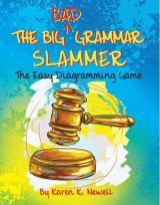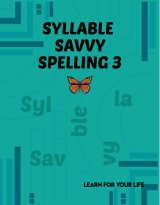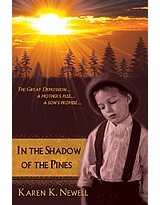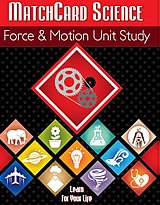
Choosing Literature
6 Tips for Choosing Literature for Your Child
How do you go about choosing literature for your child? With so many books available, it is possible to find books that your students will enjoy. Not only does that make the learning process more enjoyable, but also more effective.
#1 Publication Date
One definition of classic literature is any book that remains in print for more than fifty years (a simple definition indeed!) This would indicate that such books are so valuable that they continue to be in demand.Popular literature, in contrast, comes and goes with the trends. Now, of course, there may be a popular book that gets printed this month that will become a classic with time. There's no rule that one needs to read only older books. However, while searching for the best, it is a great place to start.
#2 Literary Elements
Besides standing the test of time and demand for reprinting, classical literature offers other benefits. These include qualities such as moral dilemmas, character development, and the use of literary elements.
Yikes! Is this starting to bring back nightmares of high school English?
Relax. When students read books they enjoy, then studying those elements of literature becomes a pleasure instead of a chore.
We've got a little bit of circular reasoning going on here:
- Literary elements make a great book
- Kids like great books
- Great books makes learning the literary elements enjoyable.
#3 Interest Level
Popular books printed today often have an interest level and reading level assigned to them. They try to keep the two together.This is not the case with classic literature. It appeals to a much wider age range. Young children enjoy having them read to them. Older students will read them for pleasure.
And speaking of interest, it is common for kids and adults to have favorite themes: sports, adventure, coming of age, epic tale of good and evil, detective, etc. Check out some of our reading themes for kids.
#4 Note the Gender
Here is a general rule of thumb for choosing literature that most people know but don't always want to admit:Boys often prefer stories with men or boys as the main character; girls prefer main characters who are girls or women.
Yes, indeed, there are numerous exceptions. By no means should you limit their reading to a particular gender. But when trying to find a book to tempt an unmotivated reader or hunting for more books for the unsatiable reader, this is one place to start.
Check out the two lists below. And of course it's ok to share books from the other list.
#5 Read Out Loud
Advanced readers, struggling readers, and everyone in between love to hear a good story.By reading out loud to your student you allow them to hear great literature. Even if it is above their reading level, it is not above their comprehension level.
An added benefit is that, having heard the story once, they will be more confident and willing to tackle the great classics on their own. The second time around, the plot and words will be more familiar and help them to expand their vocabulary. Find more benefits of reading out loud to your children.
#6 Help for Struggling Readers
One strategy for struggling reader's is to read an easy version which is edited at a lower reading level. If the student enjoys that book, have them read the original unabridged version. Their comprehension will be aided by the fact they have already read and enjoyed the story.Movies can help too. Usually we encourage readers to read before watching and treat the movie as a dessert. But for a struggling reader the opposite strategy might be best.





